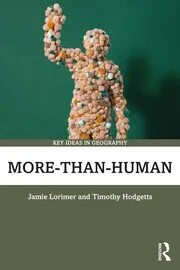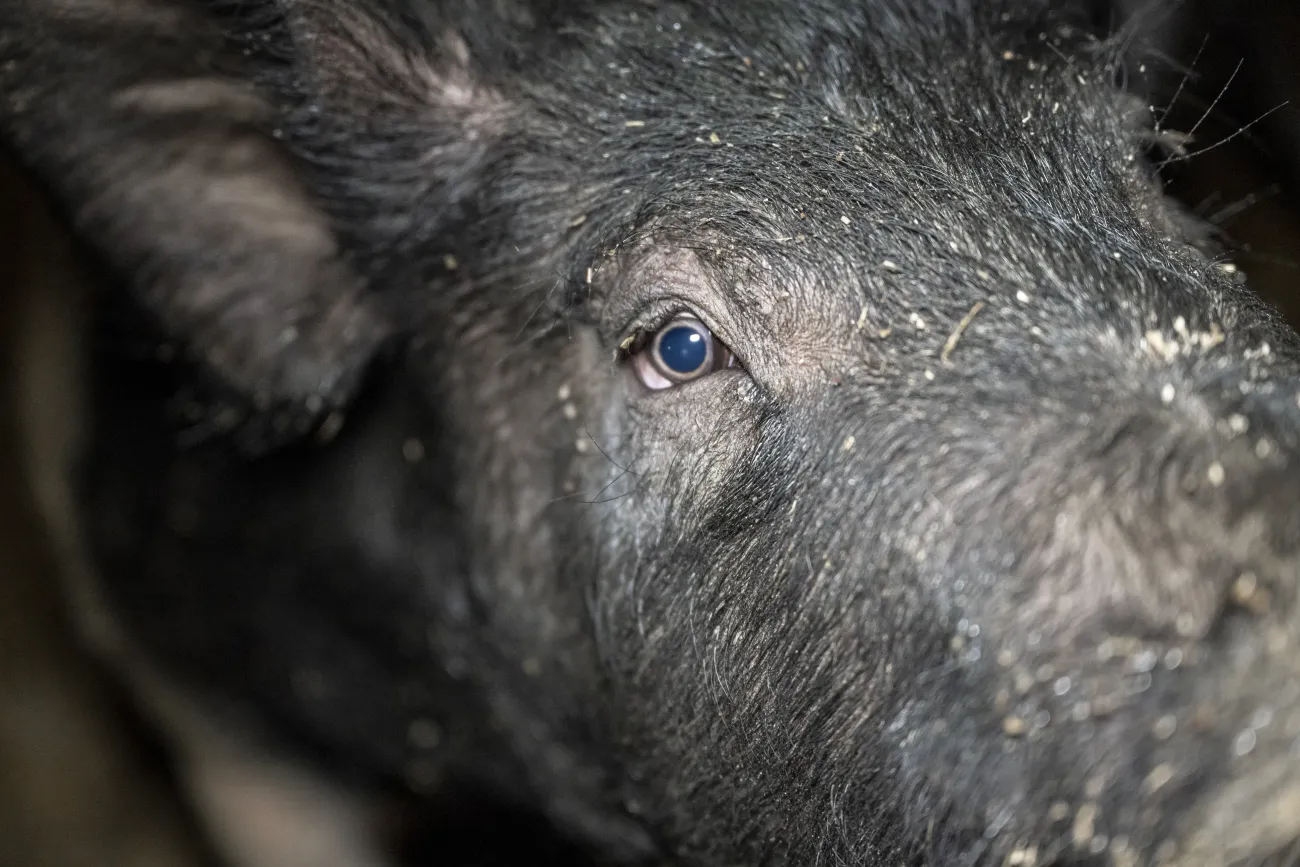This book introduces the concept of the more-than-human to students and postgraduates engaged in geography and social science theory. The text offers valuable case studies which illustrate the implications of the more-than-human development and what future issues still need to be addressed.

Summary
This book introduces the concept of the more-than-human to students and postgraduates engaged in geography and social science theory. More-than-human, as a theoretical concept, acknowledges human life and society as being deeply interconnected with non-human entities, such as animals, plants, technologies, and natural systems. The book offers a history of geography and the philosophy underpinning its progression from the Enlightenment era, to debates of the Anthropocene and future implications of the ‘ontological turn’ within the social sciences. Readers will find an accessible and clear introduction to the topic which grapples with an age-old philosophical debate of humans' place in and relationship with nature. The text offers valuable case studies which illustrate the implications of the more-than-human development and what future issues still need to be addressed.
Publisher’s summary
This text offers the first book-length introduction to more-than-human geography, exploring its key ideas, main debates, and future prospects.
An opening chapter traces the origins and emergence of this field of enquiry and positions more-than-human geography as a response to a set of intellectual and political crises in Western thought and politics. It identifies key literatures and thinkers and reflects on the varying usages and meanings of the idea of the more-than-human. Three subsequent sections explore cross-cutting themes that draw together the disparate strands of more-than-human geography: examining new materialisms developed in the field, analysing knowledge practices and methodologies, and finally reflecting on the political and ethical implications of a more-than-human approach. A final chapter examines the tensions between this approach and cognate work in environmental geography to review the strengths and the limitations of more-than-human geographies, and to speculate as to their near future development.
Introducing the key idea of more-than-human geography, this book will be an important resource for undergraduate and postgraduate students of human geography, environmental geography, cultural and social geography, and political geography.
Reference
Lorimer, J., Hodgetts, T., 2024. More-than-Human. Routledge, London.
Read more here. See also the TABLE explainer What is animal welfare? and What is feed-food competition?




Comments (0)